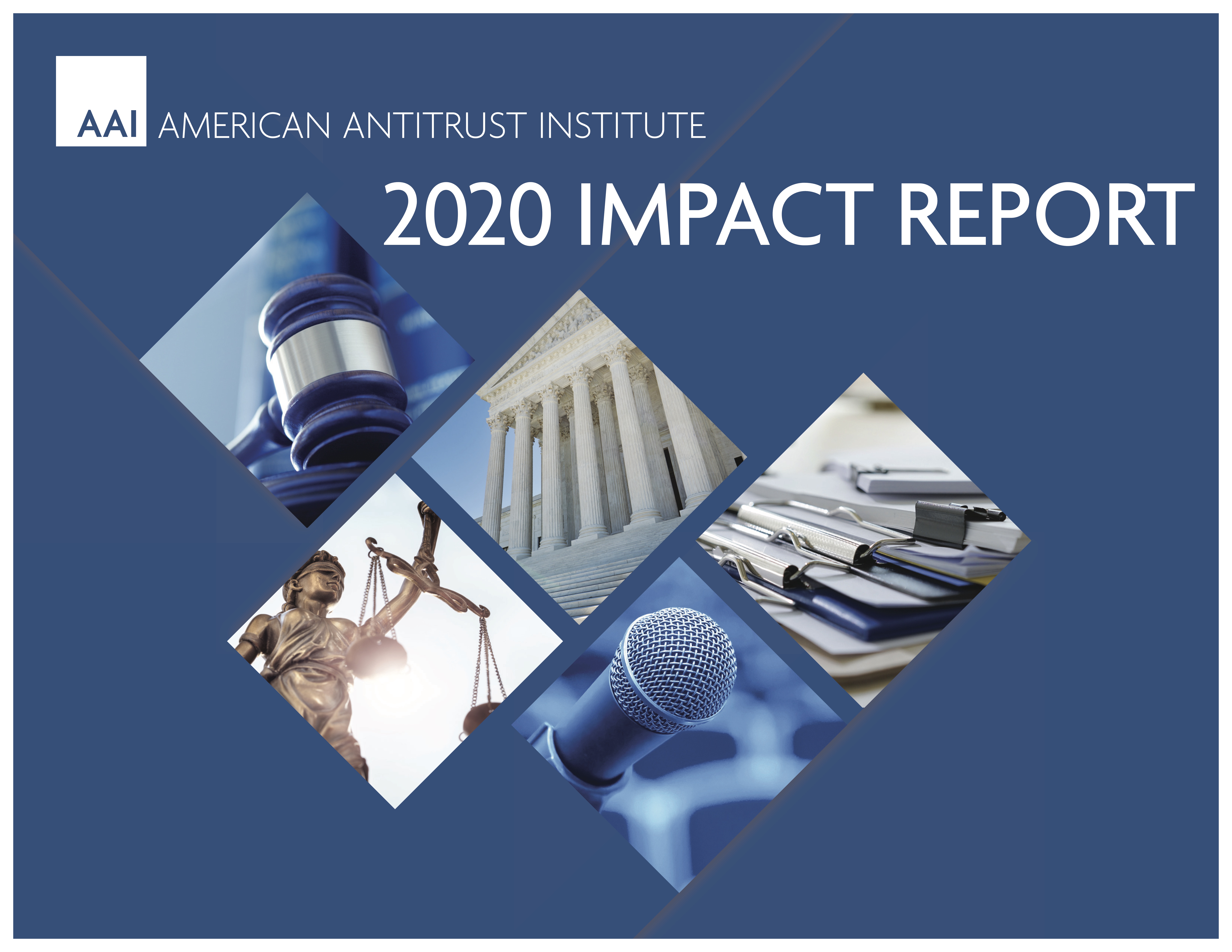In a high-stakes copyright case, the U.S. Supreme Court, by a 6-2 majority, has held that the reimplementation of copyrighted software APIs to achieve interoperability is a “fair use” as a matter of law, following the position advocated in AAI’s amicus brief.
Oracle and Google have been engaged in a long-running dispute over whether certain aspects of Google’s Android operating system infringe Oracle’s copyrights. In developing Android, Google copied some of the “declarations” used in “application programming interfaces,” or API packages, from Java SE, a platform built on the Java open source programming language developed for desktop computers by Sun Microsystems, which was acquired by Oracle in 2010.
API packages are shortcuts that allow computer programmers to build basic functions into their software programs without having to write new code from scratch. The declarations specify the name of the function (or “method”), the inputs used, and the type of output that will be returned. Google copied the declarations from 37 out of Java SE’s 166 API packages but developed its own “implementing code” for each of the API packages.
Initially, a jury found that Google had infringed Oracle’s copyrights, but the district court set aside the verdict upon determining that the API declarations were not copyrightable as a matter of law because they constituted an unprotectable “method of operation” under section 102(b) of the Copyright Act. On appeal, the Federal Circuit reversed and remanded for a determination of Google’s fair-use defense. After a jury found Google’s copying was fair use, Oracle appealed again. The Federal Circuit reversed again, ruling that Google had failed to establish fair use as a matter of law. Google successfully petitioned for certiorari in 2019, and, after a postponement, the case was argued in the fall of 2020.
AAI’s amicus brief argued that the Federal Circuit’s holdings threatened to slow innovation and competition in software-dependent markets, which are pervasive in the U.S. economy. Copyright on largely functional elements of software that become an industry standard gives a copyright holder anticompetitive power to thwart or tax innovative developments that build upon the elements. The overprotection of software interfaces is particularly anticompetitive because it tends to prevent new entrants from challenging dominant incumbent platforms protected by network effects. It also allows a copyright owner to misappropriate for itself investments by users and developers in learning the elements.
The brief also argued that the Federal Circuit gave short shrift to copyright law’s core competition safeguards, including Section 102(b), the “merger” doctrine, and fair use. The court erred by failing to account for interoperability and compatibility considerations in all three phases of its analysis, and it gutted the fair-use doctrine as applied to software by narrowly construing the transformativeness element of fair-use to exclude utilitarian transformations that do not change the expressive content or message of the original work. The brief argued that this construction of transformativeness in the context of computer software is perverse. While the expressive components of software may be protectable under copyright law, software’s primary benefit is functional and utilitarian in nature, and software interfaces are copied because of their functional, not expressive, value.
Justice Breyer’s opinion for the Court, joined by Justices Roberts, Sotomayor, Kagan, Gorsuch, and Kavanaugh, did not reach the Section 102(b) and merger issues because it decided the case on fair-use grounds. Applying the four fair-use factors set forth in the Copyright Act, the Court cited and quoted from AAI’s amicus brief and emphasized several points that AAI emphasized, including: (1) that computer programs differ from other copyrightable works because of their inherently functional nature, (2) that the value of APIs is derived primarily from the investment of third-party computer programmers in learning the Java language (and not from the APIs’ expressive or creative value), (3) that a fair use need not change the expressive content or message of the original work to be ‘transformative,’ (4) that compatibility and interoperability goals can serve a legitimate, transformative purpose, and (5) that the risk of harm to the public from enforcing copyright protections should factor into fair-use analysis.
The AAI brief was written by AAI Vice President of Legal Advocacy Randy Stutz. AAI Advisory Board Member Shubha Ghosh, who is the Crandall Melvin Professor of Law and Director of the Syracuse Intellectual Property Law Institute at Syracuse University College of Law, Hilliard & Shadowen Partner Rick Brunell, and former AAI Research Fellow Taryn Smith, assisted in drafting and preparing AAI’s previous briefs in this case. AAI’s previous Federal Circuit briefs are available here and here, and its brief in support of certiorari is available here.



